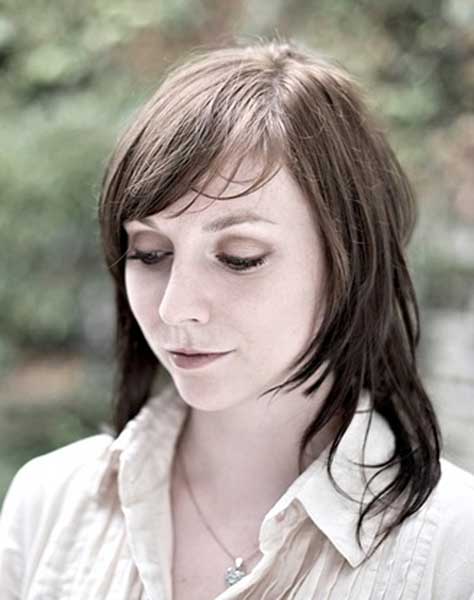The Still Point, By Amy Sackville

Your support helps us to tell the story
From reproductive rights to climate change to Big Tech, The Independent is on the ground when the story is developing. Whether it's investigating the financials of Elon Musk's pro-Trump PAC or producing our latest documentary, 'The A Word', which shines a light on the American women fighting for reproductive rights, we know how important it is to parse out the facts from the messaging.
At such a critical moment in US history, we need reporters on the ground. Your donation allows us to keep sending journalists to speak to both sides of the story.
The Independent is trusted by Americans across the entire political spectrum. And unlike many other quality news outlets, we choose not to lock Americans out of our reporting and analysis with paywalls. We believe quality journalism should be available to everyone, paid for by those who can afford it.
Your support makes all the difference.An omniscient narrator invites us to observe an intimate moment; a married couple, Julia and Simon, disentangling their sleeping bodies on a hot summer's night. Intruding further, in Amy Sackville's first novel, we permeate each of their subconsciouses to see they are both dreaming of the Arctic, where Julia's great-great uncle, Edward Mackley, led a failed expedition to reach the North Pole one hundred years earlier. For Simon, "one of those who profess not to dream", it's a wild place of rotting flesh, of danger and of terror. For Julia, it's an ethereal landscape of "air, ice and indigo", which embodies a sense of calm isolation and an edgeless, endless wait.
While Simon designs buildings with strong foundations, Julia roams her crumbling ancestral house, sorting through the spoils of Edward's legacy. Although his tragic heroism has been part of her identity since childhood she becomes consumed by "the legend of the figure in the snow, and the women left behind who shaped the legend".
Reading Edward's diary, Julia re-lives the joyful launch of the doomed ship, Persephone, with him at the prow, desperate to charter new frontiers and return to his wife, Emily, showered in glory.
Juxtaposed with this hubris, Sackville writes beautifully of the icy wastelands through the refractions of changing light. The ship edges painfully forward as "the wide lakes become an inky shock in the expanse of pastel white". The elegiac tone, reminiscent of Marilynne Robinson, emphasises human frailty, giving the breathless sensation of being underwater.
Sinking into depression, Julia retreats further from her own existence and the chasm in her marriage deepens. Simon, who sees the failed voyage as "an endurance and a farce", struggles to contain his frustration at her "unworldliness" and seeks outside confirmation of his reality. The fragmented narrative shifts back and forth, between character and time in an obsessive, circular motion, slowly filling in gaps and uncovering truths. Edward's final realisation that his mission will fail and all aboard perish is powerfully rendered and foreshadows the revelation of a family secret that forces Julia to reassess the present. Full of suppressed longing, The Still Point is an exploration of faith and failure.
Sackville's style is ambitious but assured, invoking the aching melancholy of loneliness. However, it's the lyrical power to her language and the startling originality of her voice that really distinguish this fine new author.
Join our commenting forum
Join thought-provoking conversations, follow other Independent readers and see their replies
Comments